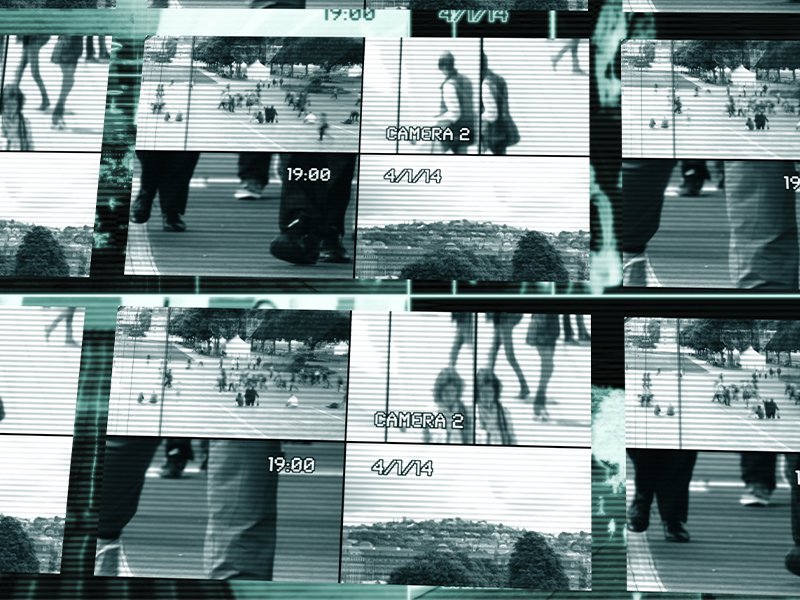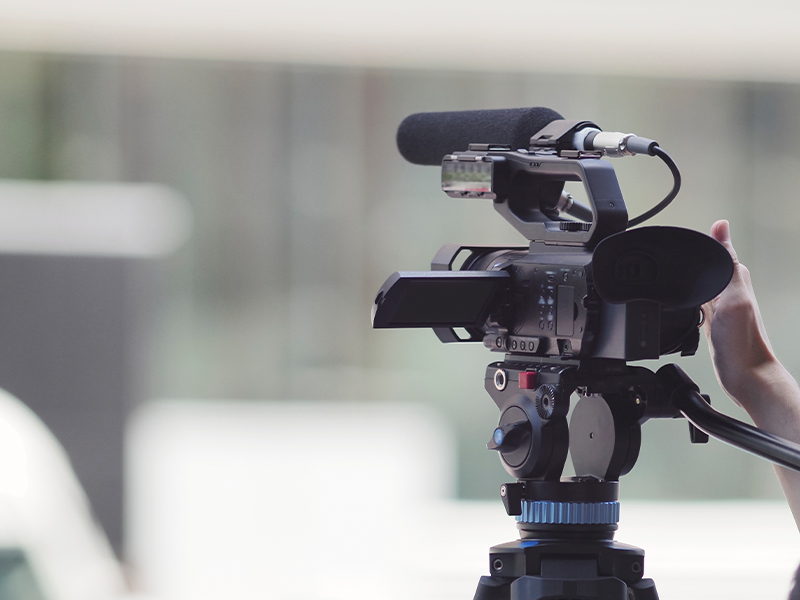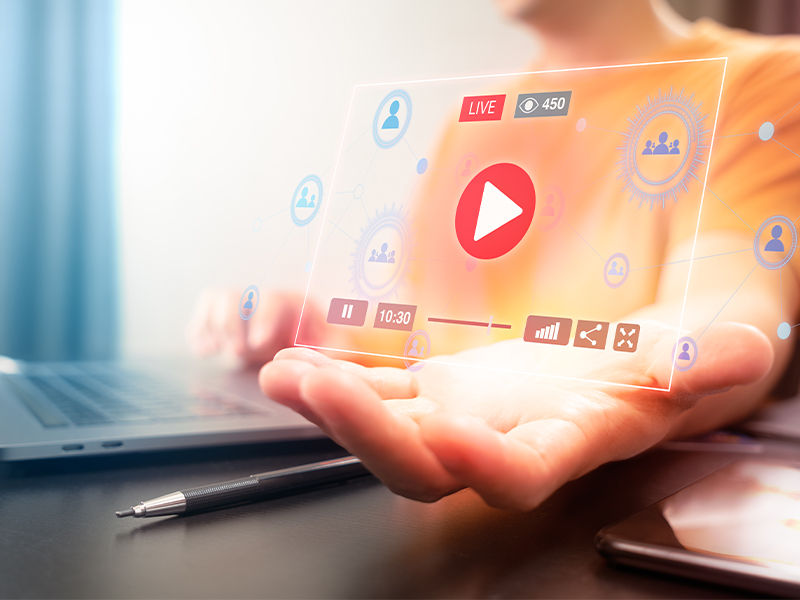The legal field, historically known for its cautious embrace of technology, is witnessing a transformative wave with the rise of Artificial Intelligence (AI). Nowhere is this change more evident than in the realm of legal video, which encompasses everything from depositions and witness interviews to courtroom presentations and trial simulations. This article delves into the burgeoning application of AI within legal video, analyzing its potential impact and exploring the ethical considerations that arise alongside its advancement.
Automation of Mundane Tasks
One of the most immediate uses of AI in legal video lies in automating tedious and repetitive tasks. AI-powered tools can transcribe videos, summarize key points, identify relevant speakers, and even extract emotional cues from facial expressions. This frees up valuable time for lawyers, allowing them to focus on strategic tasks, client interaction, and courtroom preparation.
For instance, imagine a deposition lasting several hours. Traditionally, transcribing this video would require significant time and resources. An AI tool can automate this process, generating a searchable transcript within minutes, enabling lawyers to quickly identify crucial statements and prepare their clients for potential cross-examination.
Enhanced Search and Analysis
Beyond automation, AI offers sophisticated search and analysis capabilities. Tools can scan large video libraries, filter through hours of footage based on keywords, specific speakers, or legal concepts. This facilitates the identification of relevant evidence, streamlines research, and enables lawyers to build stronger cases with greater efficiency.
Furthermore, AI algorithms can analyze video content, flagging inconsistencies in witness testimony, detecting emotional shifts, and identifying potential deception. While these tools should not replace human judgment, they can serve as valuable aids in uncovering discrepancies and formulating effective legal strategies.
Personalized Training and Simulation
AI can further empower legal professionals through personalized training and simulation tools. Virtual environments can simulate courtroom scenarios, allowing lawyers to practice their arguments, refine their delivery, and anticipate opposing counsel’s tactics. AI-powered feedback systems can analyze their performance, providing real-time guidance on nonverbal cues, language usage, and persuasiveness. This technology holds immense potential for improving lawyer preparation and courtroom effectiveness.
Ethical Considerations and the Future
While AI offers exciting possibilities for the legal video landscape, ethical considerations must be addressed. Algorithmic biases, for example, could skew search results or misinterpret emotional cues, leading to unfair advantages or disadvantages for specific parties. Transparency and accountability in AI development and deployment are crucial to ensure fairness and trust in the legal system.
Moreover, the question of human oversight cannot be ignored. Automation should not replace the vital role of lawyers in interpreting evidence, understanding context, and making critical legal judgments. AI should serve as a tool to augment human capabilities, not replace them.
Looking ahead, the integration of AI in legal video will likely continue to evolve. Advanced language models could generate personalized arguments and case summaries, while AI-powered avatars could assist lawyers in courtroom presentations. However, it is crucial to remember that technology should serve the legal system, not the other way around. Responsible development, rigorous ethical standards, and continuous human oversight are paramount to ensure that AI fosters justice and strengthens the legal profession, not the other way around.
In conclusion, the rise of AI in legal video presents a unique opportunity to improve efficiency, enhance analysis, and personalize training. However, it is essential to navigate this new landscape with caution, addressing ethical concerns and ensuring that AI remains a tool that empowers lawyers and serves the ultimate goal of a just legal system.





